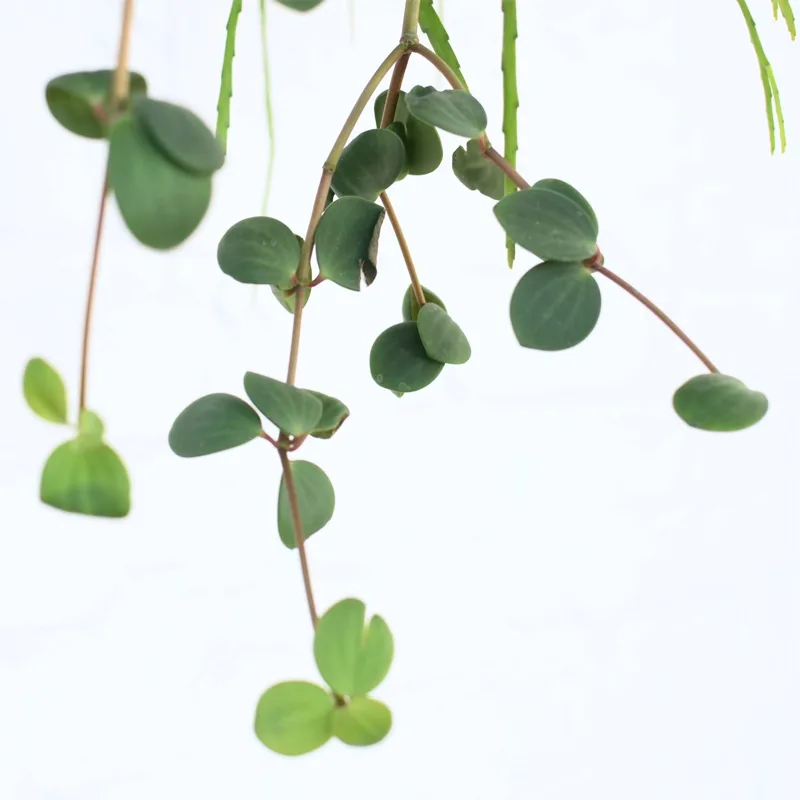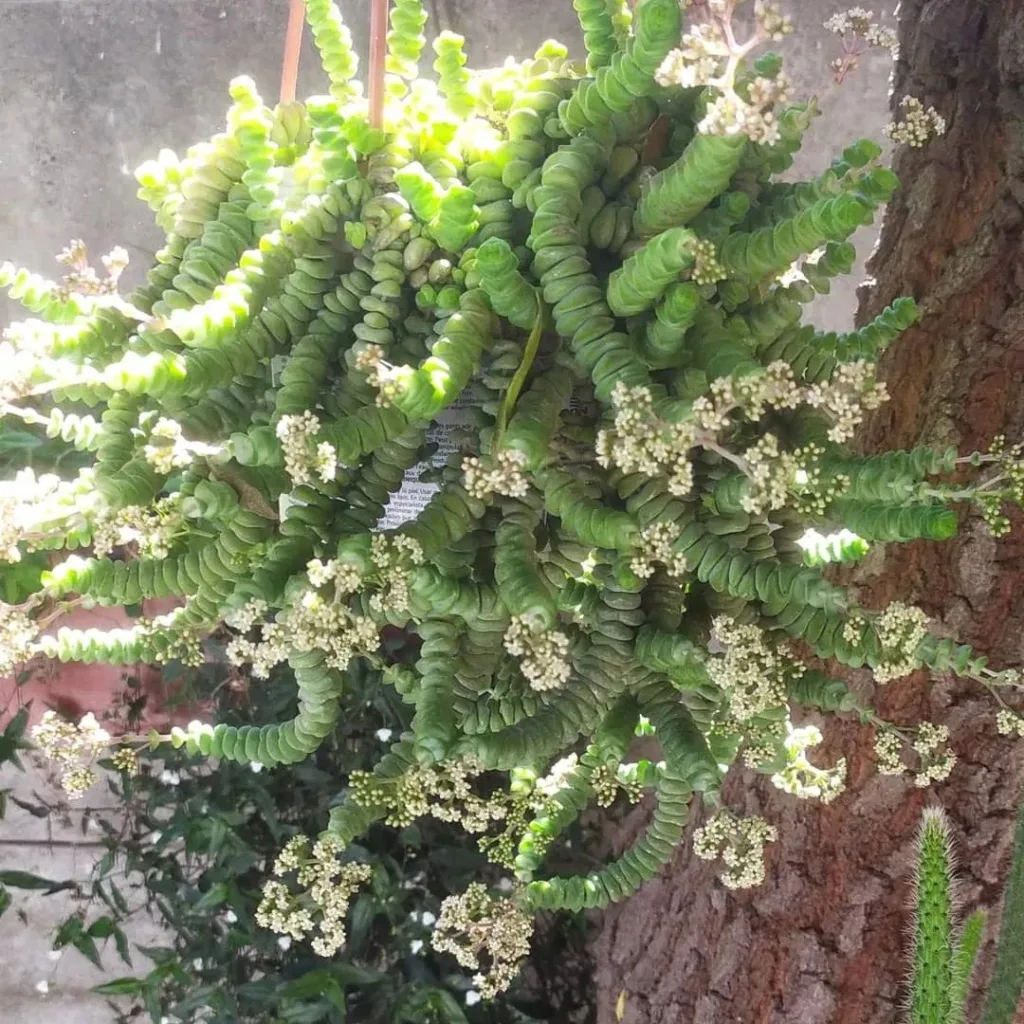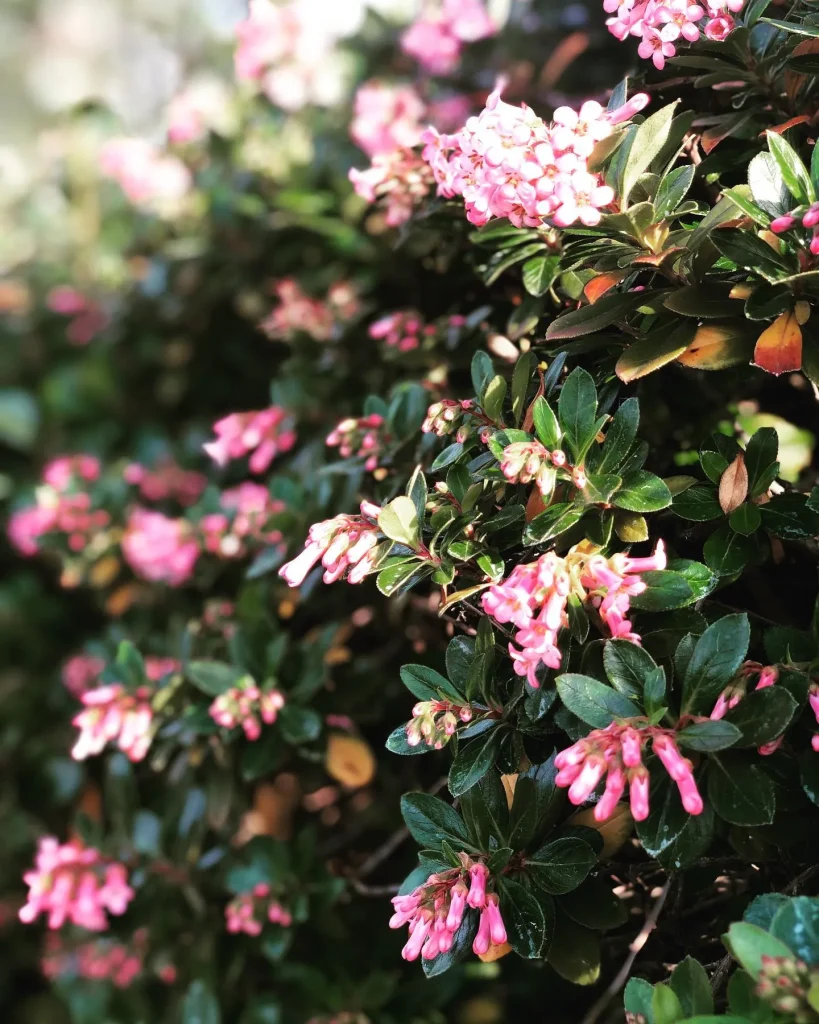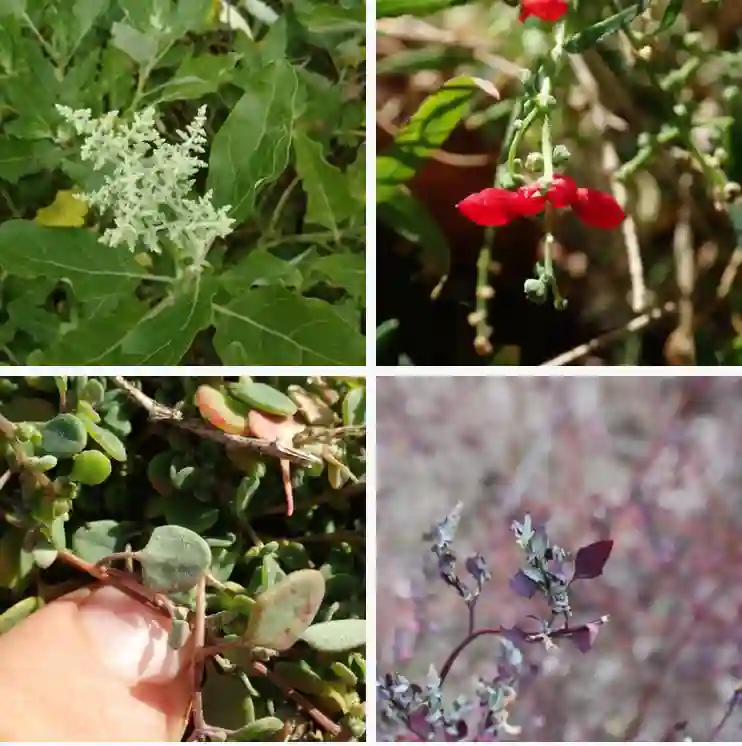My Fascination with the Spiral Gingers: An Exploration of the Costus Genus
As a botanist, my heart belongs to the vibrant and diverse world of plants. Among the many fascinating genera that capture my attention, Costus, commonly known as spiral gingers, holds a special place. These plants, with their striking spiral stems and vibrant inflorescences, are a testament to the beauty and ingenuity of nature. I’m eager to share my knowledge and enthusiasm for this captivating genus with you.
A Tropical Tapestry: The Distribution and Diversity of Costus
Costus is a genus of herbaceous perennial plants belonging to the family Costaceae. These botanical wonders are native to tropical and subtropical regions across the globe, gracing the landscapes of Asia, Africa, and the Americas. Picture lush rainforests, humid jungles, and vibrant clearings – these are the natural habitats where Costus thrives.
The diversity within this genus is truly remarkable. With over 100 recognized species, Costus offers an array of forms, colors, and sizes. From the towering Costus speciosus, reaching heights of over 10 feet, to the more compact Costus afer, there’s a spiral ginger to suit every plant enthusiast’s fancy.
A Twist of Nature: The Unique Morphology of Costus
What truly sets Costus apart is its unique morphology. Unlike the straight stems of most plants, Costus species exhibit a fascinating spiral growth pattern. This distinctive feature, arising from the asymmetrical growth of the stem, gives them their common name – spiral gingers. It’s a botanical marvel that never ceases to amaze me.
The leaves of Costus are equally captivating. Arranged in a spiral along the stem, they are typically large, oblong, and possess a deep green hue. The texture of the leaves can vary significantly between species, from smooth and glossy to velvety and textured.
But perhaps the most striking feature of Costus is its inflorescence. These cone-shaped structures, often brightly colored, emerge from the tips of the stems, adding a touch of tropical flair to any setting. The individual flowers within the inflorescence are equally captivating, boasting intricate shapes and vibrant colors.
A Symphony of Colors: The Floral Splendor of Costus
Costus offers a veritable feast for the eyes with its diverse array of floral colors. From the fiery reds and oranges of Costus woodsonii to the delicate pinks and whites of Costus speciosus, there’s a hue to suit every taste. The vibrant colors of Costus flowers not only enhance their aesthetic appeal but also play a crucial role in attracting pollinators.
A Closer Look: Costus Species
With over 100 species, the world of Costus is vast and varied. Here are:
- Costus acanthocephalus K.Schum.
- Costus acreanus (Loes.) Maas
- Costus acutissimus Maas & H.Maas
- Costus adolphi-friderici Loes.
- Costus afer Ker Gawl.
- Costus albiflos Maas & H.Maas
- Costus alfredoi Maas & H.Maas
- Costus allenii Maas
- Costus alleniopsis Maas & D.Skinner
- Costus alticola Maas & H.Maas
- Costus amazonicus (Loes.) J.F.Macbr.
- Costus antioquiensis Maas & H.Maas
- Costus arabicus L.
- Costus asplundii (Maas) Maas
- Costus asteranthus Maas & H.Maas
- Costus atlanticus E.M.Pessoa & M.Alves
- Costus aureus Maas & H.Maas
- Costus barbatus Suess.
- Costus beckii Maas & H.Maas
- Costus bicolor J.Braun & K.Schum.
- Costus bracteatus Rowlee
- Costus bullatus Meekiong, Muliati & Ipor
- Costus callosus Maas & H.Maas
- Costus chartaceus Maas
- Costus chrysocephalus K.Schum.
- Costus claviger Benoist
- Costus clemensiae Ridl.
- Costus cochabambae Maas & H.Maas
- Costus comosus (Jacq.) Roscoe
- Costus convexus Maas & D.Skinner
- Costus cordatus Maas
- Costus cupreifolius Maas
- Costus curvibracteatus Maas
- Costus dendrophilus K.Schum.
- Costus dinklagei K.Schum.
- Costus dirzoi García-Mend. & G.Ibarra
- Costus douglasdalyi Maas & H.Maas
- Costus dubius (Afzel.) K.Schum.
- Costus eburneus Meekiong, Muliati & Tawan
- Costus elegans Veitch ex J.Dix
- Costus erythrocoryne K.Schum.
- Costus erythrophyllus Loes.
- Costus erythrothyrsus Loes.
- Costus fenestralis Maas & H.Maas
- Costus fissicalyx N.R.Salinas, Clavijo & Betancur
- Costus flammulus K.M.Kay & P.Juárez
- Costus fortalezae K.Schum.
- Costus gabonensis Koechlin
- Costus geothyrsus K.Schum.
- Costus gibbosus D.Skinner & Maas
- Costus giganteus Welw. ex Ridl.
- Costus glaucus Maas
- Costus gracillimus Maas & H.Maas
- Costus guanaiensis Rusby
- Costus juruanus K.Schum.
- Costus kupensis Maas & H.Maas
- Costus laevis Ruiz & Pav.
- Costus lasius Loes.
- Costus lateriflorus Baker
- Costus ledermannii Loes.
- Costus leucanthus Maas
- Costus ligularis Baker
- Costus lilaceus Maas & H.Maas
- Costus lima K.Schum.
- Costus loangensis H.Maas & Maas
- Costus longibracteolatus Maas
- Costus louisii H.Maas & Maas
- Costus lucanusianus J.Braun & K.Schum.
- Costus maboumiensis Pellegr.
- Costus macranthus K.Schum.
- Costus microcephalus K.Schum.
- Costus mollissimus Maas & H.Maas
- Costus montanus Maas
- Costus mosaicus W.Bull
- Costus muluensis Meekiong, Ipor & Tawan
- Costus nimba H.Maas & Maas
- Costus nitidus Maas
- Costus obscurus D.Skinner & Maas
- Costus oligophyllus K.Schum.
- Costus oreophilus Maas & D.Skinner
- Costus osae Maas & H.Maas
- Costus phyllocephalus K.Schum.
- Costus pictus D.Don
- Costus pitalito C.D.Specht & H.Maas
- Costus plicatus Maas
- Costus plowmanii Maas
- Costus prancei Maas & H.Maas
- Costus productus Gleason ex Maas
- Costus pseudospiralis Maas & H.Maas
- Costus pulverulentus C.Presl
- Costus quasi-appendiculatus Woodson ex Maas
- Costus ricus Maas & H.Maas
- Costus rubineus D.Skinner & Maas
- Costus rumphianus Valeton ex K.Heyne
- Costus scaber Ruiz & Pav.
- Costus schlechteri H.J.P.Winkl.
- Costus sepacuitensis Rowlee
- Costus spectabilis (Fenzl) K.Schum.
- Costus spicatus (Jacq.) Sw.
- Costus spiralis (Jacq.) Roscoe
- Costus sprucei Maas
- Costus stenophyllus Standl. & L.O.Williams
- Costus sulfureus K.Schum.
- Costus talbotii Ridl.
- Costus tappenbeckianus J.Braun & K.Schum.
- Costus ulei Loes.
- Costus vargasii Maas & H.Maas
- Costus varzearum Maas
- Costus villosissimus Jacq.
- Costus vinosus Maas
- Costus whiskeycola Maas & H.Maas
- Costus wilsonii Maas
- Costus woodsonii Maas
- Costus zamoranus Steyerm.
- Costus zingiberoides J.F.Macbr.
Beyond Beauty: The Uses and Importance of Costus
Costus is not just a feast for the eyes; it also offers a range of practical uses. In many cultures, various Costus species have been utilized for their medicinal properties. Traditional healers have employed these plants to treat a variety of ailments, from inflammation and pain to digestive issues and respiratory problems.
Beyond their medicinal value, Costus species also play an important role in ecological systems. Their vibrant flowers attract a variety of pollinators, including bees, butterflies, and hummingbirds, contributing to the biodiversity of their habitats.
A Call for Conservation: Protecting Our Botanical Heritage
Despite their beauty and importance, many Costus species are facing threats due to habitat loss and over-exploitation. It’s crucial that we recognize the value of these botanical treasures and take steps to protect them. Conservation efforts, such as habitat preservation and sustainable harvesting practices, are essential to ensure that future generations can continue to marvel at the splendor of Costus.
As a botanist, I am committed to promoting the appreciation and conservation of Costus. These spiral gingers, with their unique morphology, vibrant colors, and ecological importance, are an integral part of our natural heritage. Let us work together to ensure their continued survival and celebrate the beauty and diversity that they bring to our world.
If i die, water my plants!



